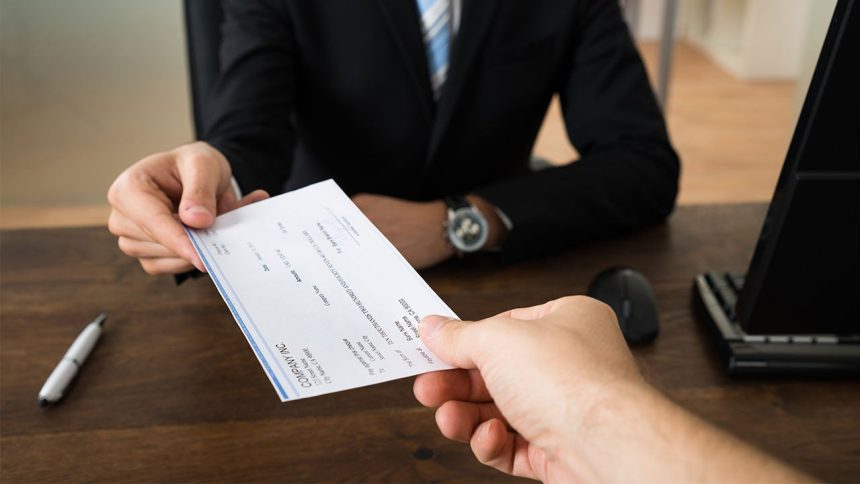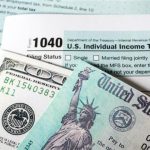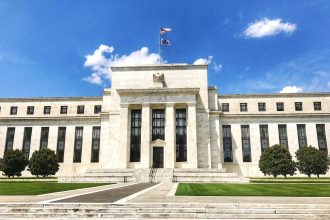A cashier’s check, also known as an official bank check, is a payment instrument issued by a bank or credit union to a third party, usually on behalf of a bank customer who pays the bank the face value of the check. In a major transaction, such as buying a boat or a home, a cashier’s check assures the payee that the funds are there because the check is backed by the bank’s funds, so there is no risk of the check bouncing.
The buyer of the cashier’s check pays the bank upfront for the full amount of the check. The bank deposits those funds and then issues the cashier’s check to the designated payee for the amount requested.
The check cannot be cashed by anyone but the designated payee and settlement is usually quicker than with a personal check.
When to use a cashier’s check
Use a cashier’s check when you need to make a large payment and a personal check or credit card isn’t acceptable and paying with cash isn’t safe or practical.
A cashier’s check is a safe, efficient payment method when a large sum of money is required. Although a cashier’s check is best for large purchases, this type of check can be written for any amount.
Some transactions will require a cashier’s check for payment. You might need a cashier’s check to make a security deposit on an apartment, for example, or to cover the down payment on a new car. Consumers often use cashier’s checks to pay a merchant or vendor that requires cash and won’t accept personal checks. Cashier’s checks also are used in cash trades that must settle quickly, such as with real estate and brokerage transactions.
A merchant or payee who wants to avoid the risk of a counterfeit check or a check bouncing may require a cashier’s check for its security and guarantees. Generally, a bank will honor an authentic cashier’s check.
(Looking for more options on how to pay someone else? Here are six ways to deposit cash into someone else’s account.)
How to get a cashier’s check
You can purchase cashier’s checks at bank or credit union branch offices. Some financial institutions also make them available on their websites or by telephone. A bank might issue cashier’s checks to non-customers, but most probably will only issue them to customers.
To get a cashier’s check, have a government-issued photo ID with you, such as a driver’s license. Have enough cash on hand or funds in your account to pay the bank the full amount of the check. You also must supply the name of the payee, because banks cannot issue blank cashier’s checks. Be sure to keep the receipt for the check.
Some online-only banks provide cashier’s checks. Some traditional banks offer more than one way to obtain a cashier’s check. Wells Fargo, for instance, allows its customers to order cashier’s checks in a branch or online. If you order a cashier’s check online, expect to pay a delivery fee. Wells Fargo charges an $8 delivery fee for a cashier’s check in addition to a $10 bank fee.
Fees for a cashier’s check
Cashier’s checks at traditional banks typically cost around $8 to $15. Some banks waive the fee for certain account holders. If you need a cashier’s check on a regular basis, you should find a bank or credit union that offers them for free to account holders. Online banks such as Ally Bank and Discover, for example, offer free official bank checks.
Are cashier’s checks safe?
Cashier’s checks are considered safe forms of transferring money because they’re issued by a financial institution and are paid out of the institution’s funds, not customer accounts.
Scott Birrenkott, director of legal at the Wisconsin Bankers Association says to see if there’s anything suspicious about the item. The fraudsters are good, but the bank’s logo or ink could tell you there’s something off about the item.
“But the thing about cashier’s checks is the only time they’re secure is when they are issued by the bank,” Birrenkott says. “And the bank is going to pay it.”
However, it’s possible to receive a fake official bank check. According to the Federal Deposit Insurance Corp. (FDIC), some of the most common scams in which counterfeit cashier’s checks are used include lotteries and “sudden riches” scams; online auctions, classified listing sites and overpayment scams; and secret or mystery shopper employment scams.
Birrenkott says one of the biggest ways consumers can protect themselves from fraud is by being aware of the common schemes and scams and looking out for them.
“You know that age-old proverb, ‘if something seems too good to be true, it probably is,’” Birrenkott says. “That’s really one of the best things – for the smell test so to speak if you’re concerned about fraud.”
The bank fills in the “payable to” information, and only the designated payee should be able to cash the check. Security is a big advantage of using a cashier’s check to make a payment.
Cashier’s checks also may settle faster than personal checks because the bank’s funds are backing an authentic official bank check. But there are some situations where a bank might not accept an authentic cashier’s check.
Personal checks, however, can take several business days or more to clear.
Security features such as watermarks are added to cashier’s checks to lower, or prevent, the risk of fraud.
If you lose a cashier’s check before you send it, don’t panic: You might be able to get a replacement, but you might need to get an indemnity bond from an insurance broker for the amount of the lost check. The bond assures the bank that it will not be on the hook for two checks. It can take 30 to 90 days to get your replacement check.
Cashier’s checks vs. money orders vs. certified checks
There are a couple of good alternatives to cashier’s checks, which are drawn against the bank’s funds.
If you need to make a payment of less than $1,000, money orders are a good option. They’re easier to obtain than cashier’s checks because not only do banks issue them, but they’re also sold at the post office and at many grocery and convenience stores, check-cashing outlets and gas stations.
You don’t need a bank account to get a money order from the U.S. Postal Service, and a money order is generally much cheaper than a cashier’s check. A USPS money order is up to $3.00, and a bank money order is typically around $5.
They’re not as secure as a bank check, but they don’t bounce because the buyer must pay the vendor upfront for the full amount of the money order, plus the vendor’s fee.
A certified check is another alternative. As the name suggests, it’s a personal check that has been certified by the bank. The bank, for example, certifies that the funds for the amount the check is written for are, indeed, available and are earmarked for the designated payee. The bank also verifies that the payer’s signature is genuine.
How to prevent cashier’s check fraud
If you accept a cashier’s check from someone you don’t know, check with the bank on the check first.
If you deposit more than $5,525 on a given banking day, the bank can hold any money over that amount until the check has cleared. Banks can extend a hold if it can show that the extension is reasonable.
Bottom line
Cashier’s checks are a safe, reliable way to make payments of large amounts and in transactions where cash or personal checks are not accepted.
When a cashier’s check is a legitimate check issued by a bank or credit union, it’s drawn against the financial institution’s funds, it’s not going to bounce. But there’s the potential for scammers to create counterfeit cashier’s checks. If you have any doubt about the legitimacy of a certified check, check first with your bank or credit union. Alternative, and legitimate, forms of payments include money orders (which you can get at financial institutions and post offices) and certified checks.
Read the full article here
















